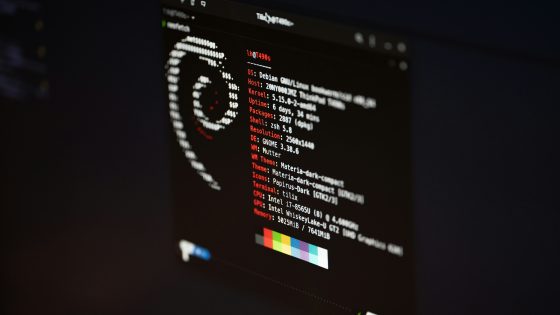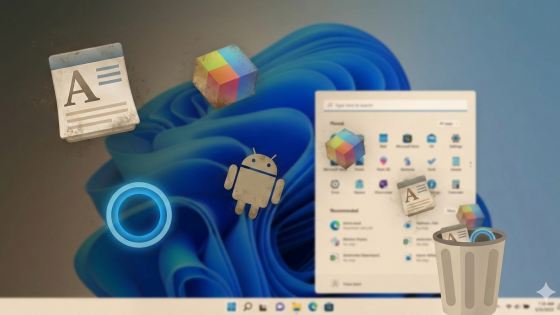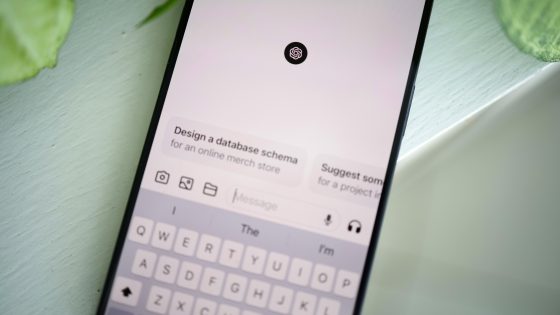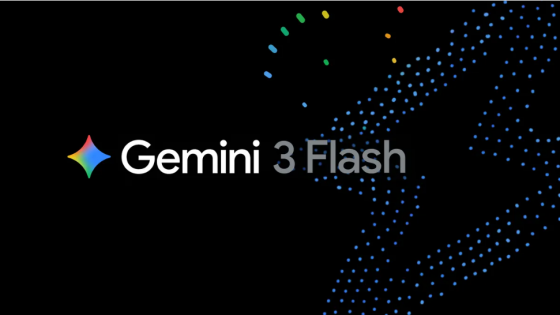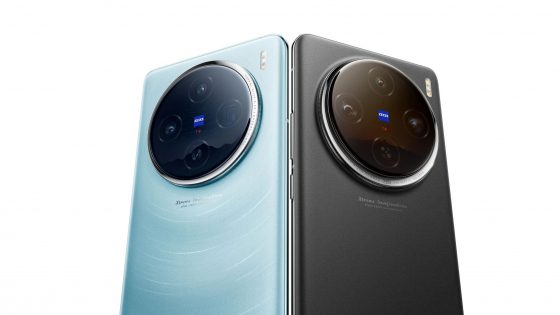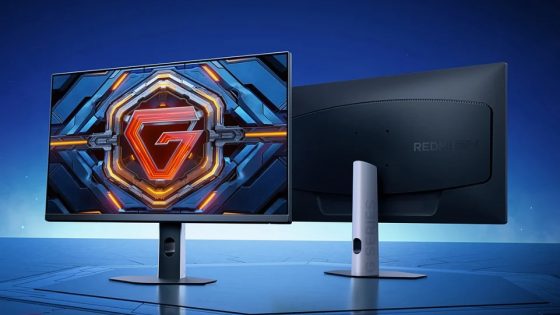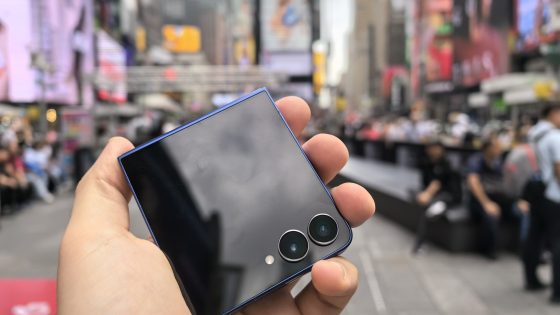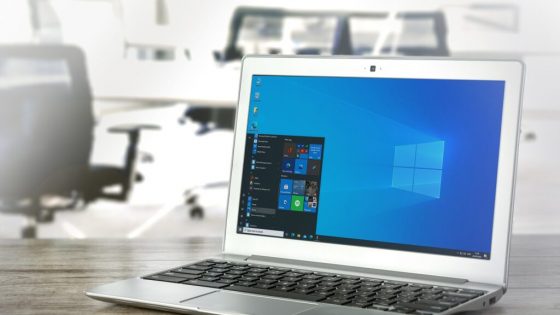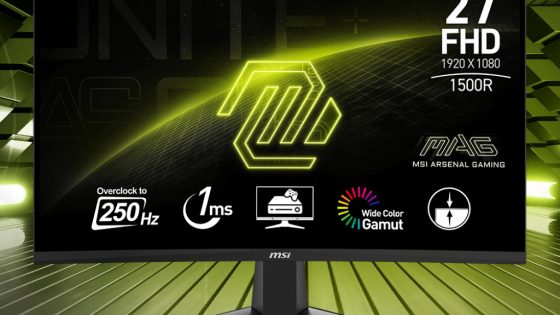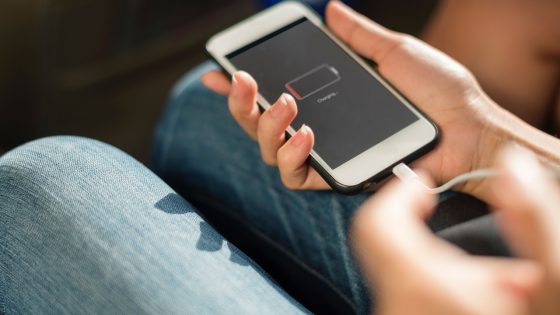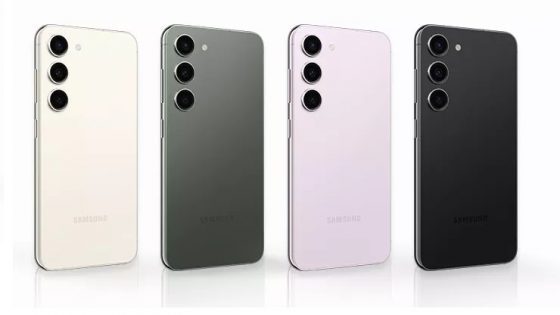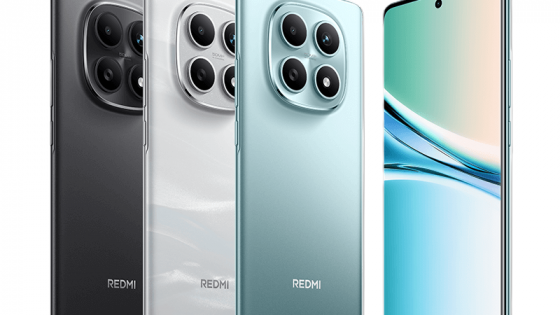The New York Times is suing OpenAI and Microsoft for copyright infringement
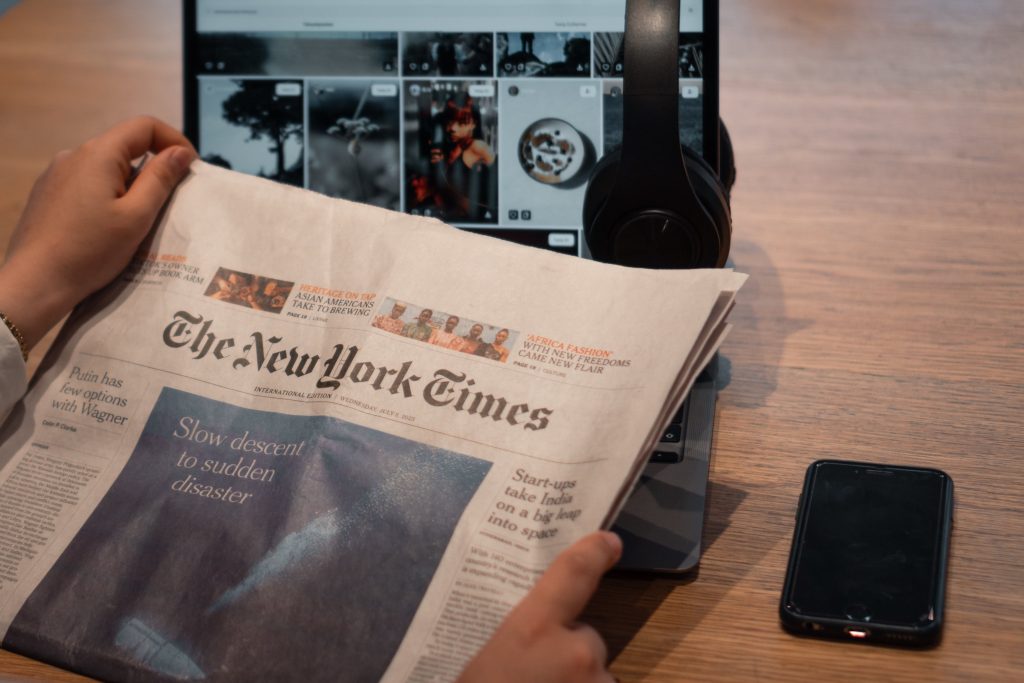
On December 27, the New York Times filed a lawsuit against artificial intelligence giant OpenAI and Microsoft. They are accused of infringing copyright and copying millions of articles that were used to train their language models that power ChatGPT and Copilot (formerly Bing Chat).
The reluctance of one of the biggest media outlets is justified. Artificial intelligence, which is freely available to the general public, is now a strong competitor to their content and the content of other media, which is the fruit of a rich past and journalists and writers. As they say, their integrity, readers' trust in their content and also the income of the medium are at risk.
As described in the lawsuit, the Times claims that OpenAI and Microsoft's large language models (LLMs), which power ChatGPT and Copilot, "can produce output that literally summarizes the content of the Times, summarizes it accurately, and mimics its style of expression." That It "undermines and harms" the Times' relationship with readers, the editorial board claims, while depriving it of "subscription, licensing, advertising and affiliate revenue."
They also do not forgive the technological giants the fact that these language models threaten the high-quality journalism that can only be produced under the watchful eye of human hands.
"Using Microsoft's Bing Chat (Copilot) and OpenAI's ChatGPT, the plaintiffs seek to exploit The Times' substantial investment in its journalism for free by using them to create substitute products without permission or payment," the lawsuit states.
Of course, they also pointed out how much OpenAI and Microsoft profited from the launch of artificial intelligence. The New York Times revealed that it had been in contact with the two companies to negotiate a fair use of their content, but no agreement was reached. Either the medium was asking too much or the tech duo simply didn't want to hear about any kind of payment. Whose side is American law on? It is difficult to say, as this is very ambiguous and still undefined in many areas.
OpenAI issued a press release, or rather a slogan, in which they pledged to respect the rights of content creators and owners. They also expressed a desire for cooperation and mutual benefits, as well as disappointment with the New York Times media. “Our ongoing discussions with the New York Times have been productive and constructive, and we are surprised and disappointed by this development. We hope to find a mutually beneficial way to cooperate, as we do with many other publishers."
In the lawsuit, the Times said the two companies were "liable for billions of dollars in damages" for copying the content. They are also asking the court to prohibit them from having their AI learn from their works, even though the medium itself has prevented their spider from walking around their website. Apparently this is not a 100 % reliable method or the courts want assurance anyway.
The BBC, Reuters, CNN and others have also blocked the OpenAI and Microsoft spiders. However, some media and publications have already concluded an agreement with the companies and allow the use of their content in exchange for payment.
More in article in the New York Times, and you can view the content of the lawsuit here document (in English).



